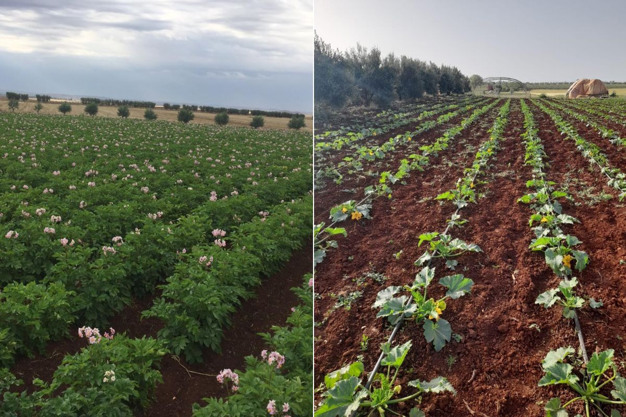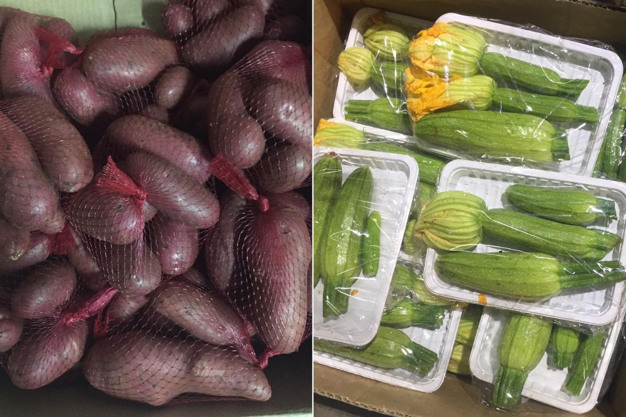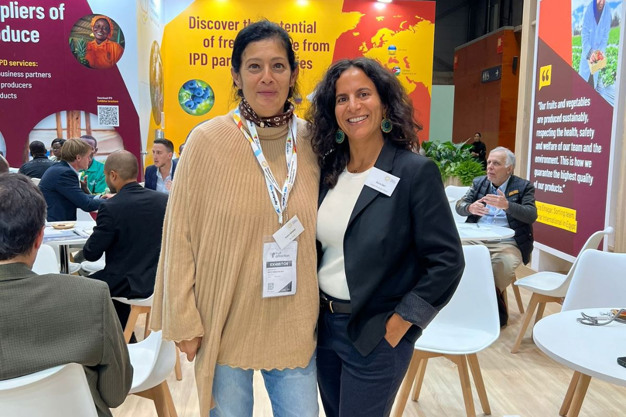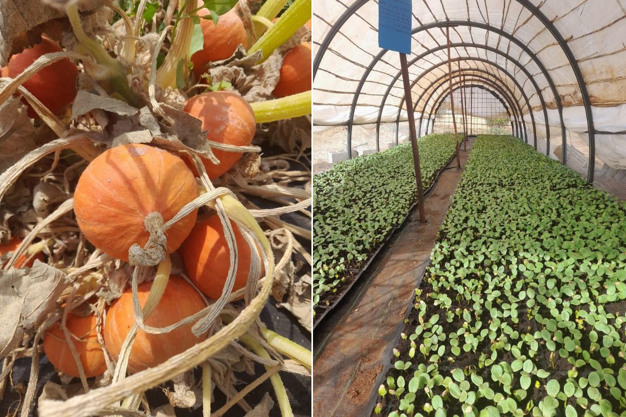Moroccan organic farmers, or the few who remain, are faced with a major dilemma: whether to continue farming organic in a context of prohibitive inflation or switch to conventional farming... Nahla Bahnini, an organic farmer based in Meknes, says: "For me, it's above all a matter of conviction and a way of life... All we need is ancestral common sense in the face of new realities".

Nahla manages a farm entirely dedicated to agroecology production, covering 78 hectares in a 100% agricultural region: "We grow a lot of fruit and vegetables all year round: early vegetables, citrus fruits, cellar grapes, olives, eggplants, peas, carrots, potatoes, mangoes... you name it, we grow it. We're helped by a very good climate, fertile soil, abundant water resources despite constant drought in the country, and above all, a rich history of agriculture. We sell to retailers' central procurement offices and grow mainly under contract."
Since the outbreak of the coronavirus, however, the farmer has experienced difficulties in marketing her products. She explains: "We're being caught out by our high costs, and organic produce has become unaffordable on the Moroccan market. Even the prices of fresh produce from conventional, intensive farming are becoming unaffordable for many consumers. Biological control is expensive and, unlike conventional farmers, we don't receive any subsidies."

Faced with the economic impasse, Nahla says she is resilient. She argues, "The same factors that are challenging us now are proving us right in the long term. For us, organic farming is the future, and we'll stay the course for the long haul. We have succeeded in preserving many ancient varieties, and in developing less water-extensive varieties adapted to the difficult Moroccan climate. We've reached an advanced stage of varietal development and know-how, and we're not going to just throw it all away. While we await commercial solutions, what matters to us is to provide for our employees and their families, and we can still do it for the time being."
The idea of exporting emerged at a time when the local market was saturated, and Nahla packed her bags to attend Fruit Attraction for the first time last October. She says, "the fair was great. It has a very good reputation, and it deserves it. I met a lot of potential buyers and the discussions were promising and some are even conclusive."
 Nahla Bahnini, manager of Bio Jerry, and Dorra Zairi, expert at the Import Promotion Desk
Nahla Bahnini, manager of Bio Jerry, and Dorra Zairi, expert at the Import Promotion Desk
"Europe is a local market where Moroccan agricultural production is well known and appreciated. In the organic sector, I've seen a lot of interest in non-perishable vegetables, especially pumpkins and potatoes. In terms of markets, the Netherlands in particular is a starting point.
A Dutch buyer I met at the fair was even prepared to place an order, but for the sake of transparency, I preferred to postpone the collaboration until next season to acquire a better grasp of the process and, above all, the logistics of quality. But for sure, next season we will export organic pumpkins to the Netherlands for the first time."

According to Nahla, "Exporting is not incompatible with the values of agroecology. We don't replace European production, but we can offer niche products that aren't widely available at a given time in destination markets. We export at fair prices, which are not really competitive with local European production, given the cost of packaging and export fees. And finally, the proximity between Morocco and Europe greatly reduces the mileage that the product travels compared to intensive agribusiness."
For more information:
Nahla Bahnini
Bio Jerry
Tel: +212668125017
Email: [email protected]










